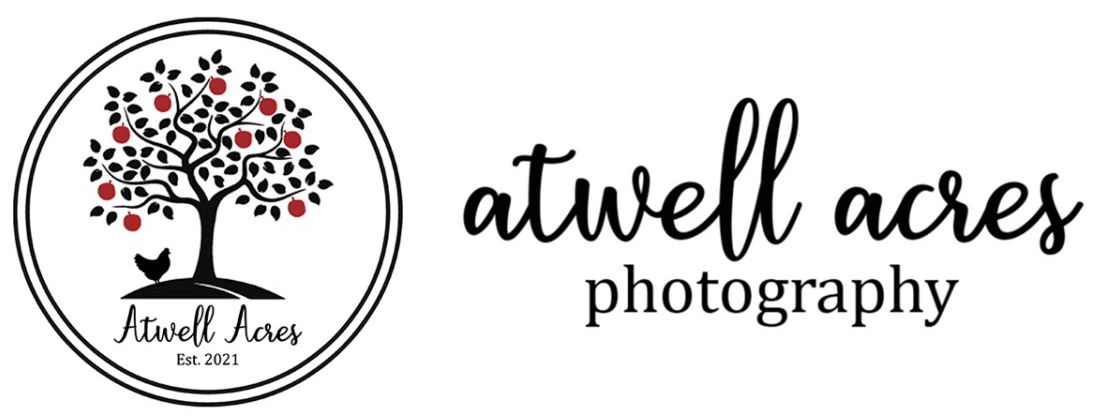9 Myths About The Mother-In-Law and a New Baby | Newborn Lady
9 Myths from your mother-in-law you should ignore about infant care
You've probably already experienced the "wonderful" gift of unsolicited advice during pregnancy. Unfortunately, it doesn't go away once your bundle of joy arrives. Many people will want to help by sharing their own experiences or outdated tips on caring for your infant. While some of that advice is just silly – just smile and nod – some advice could put your baby at risk.
We're in your corner as you journey through your first year with your little one. Here's a bit of clarification (plus reliable resources) on some of the riskier pieces of advice:
1. "Put rubbing alcohol on the umbilical stump."
There's a bit of a generation gap here. Years ago, new parents were instructed to apply isopropyl (rubbing) alcohol to the stump after each diaper change. But now, just like overusing hand sanitizer, the truth is that the alcohol destroys some of the good microbes that help in the scabbing and healing process (gross, I know, but true).
Instead, all you need to do is keep the area dry and clean. It's ok if it gets a little wet or soapy during a sponge bath. Just keep the diaper folded down so it can air dry. It should fall off in 1-2 weeks.
You may see droplets of blood as it starts to fall off. That's normal. Call a doctor if it becomes red and swollen or if you notice discharge.
Source: Mayo Clinic
2. "If your baby won't sleep, put the baby to sleep on his stomach."
This advice is also not your MIL's fault. The "Back to Sleep" campaign didn't come out until 1994 to reduce SIDS. Before that, they believed the opposite to be true. Thankfully, with the initiative, the number of SIDS cases "has decreased by 2,063 per year as of 2010." ( American Academy of Pediatrics
)
Stick to laying your baby on her back without any extra blanket, pillows, toys, or padding to reduce SIDS risk (swaddling is ok). Learn more about safe sleep practices here
.
3. "Do not hold your baby too much because you'll spoil her."
The only time this might be true is if you're still carrying around your eight-year-old like an infant. But during the infant stage, go ahead and soak up ALL the sweet baby snuggles. You can't spoil a newborn. They thrive on nurturing skin-to-skin contact with Mom and Dad.
4. "Rub whisky on their gums for teething."
It amazes me how much I still hear this advice. Sometimes it's just a joke, but incredibly, sometimes people are serious! Please hold off on the hard liquor for about 21 years. And you aren't missing out on an effective hack. If you don't believe me, see if you get any pain relief by rubbing a smidge of whisky on a toothache. Not so helpful, unfortunately.
5. "Make sure to bundle your baby to keep him from getting cold/sick."
While it's important to keep your baby warm when it's cold out, it's equally important not to overheat your baby (which can increase your baby's risk of SIDS). Your baby's body is very similar to yours. You probably don't sleep in a hat, gloves, and layers of clothing, and your baby definitely shouldn't either.
The best way to gauge if your baby is too hot or cold is to feel his chest area (not hands or feet because they tend to be a bit on the cooler side). It should feel just right – not too hot, not too cold. Your baby should be comfortable in a single layer of clothes in a 68-72-degree room. Whatever you're comfortable in, your baby should be, too.
Signs of overheating:
flushed cheeks, fast breathing, damp hair/sweating, heat rash.
Signs of being too cold: bluish tint to hands and feet, chills or shivering, goosebumps, cool chest.
Extra Tip:
Keeping the room fan on low or medium could help reduce the risk of SIDS.
6. "If you always respond to your baby's cries, she will manipulate you."
First of all, newborns can't manipulate anyone. They simply respond to basic needs such as sleep, feeding, diaper changes, comfort, etc. And because your baby can't speak yet, crying is the only way to express their needs.
Instead of that outdated advice, we find this article by What to Expect
a bit more helpful: "What Do Your Baby's Cries Mean?"
7. "Enjoy every moment."
This sentiment comes from a good heart – especially from a nostalgic MIL who's reminiscing on the days when her children were babies. But, for you, the one who is up in the middle of the night, this phrase may make you feel guilty instead.
So, we're here to say that while it's important to savor these sweet times, it's impossible to enjoy every
moment. After all, who enjoys cleaning up poop? Or wearing spit up all day? Or having sore nipples? Or being jolted awake by uncontrollable crying? You are still a fantastic mom, even when you're less than enthused about pulling yourself out of bed for the fourth time tonight.
8. "Adding cereal to the bottle will help him sleep longer."
Not only is this one false (your baby won't sleep longer), it's also not safe since it could cause your baby to choke. Can you imagine taking a big gulp of what you thought to be water and getting oatmeal instead – while laying down?!
In addition, infants should not start solids until around six months old. Before beginning solids, your baby should be:
· Sitting with little/no support
· Maintaining strong head control
· Responding to feeding by opening her mouth and leaning in toward the spoon
Sources:
9. "Turn the car seat around so your baby can see you/to keep her from getting carsick."
Among all the others, this may be THE most critical myth on the list. While some parents feel eager to turn their babies to forward-facing so they can see and interact with their baby, this puts your baby's life at risk.
Please, do not turn your child's car seat around until they have reached the appropriate weight and height limits. A rear-facing car seat protects your baby's very vulnerable head, neck, and spine in the case of a crash.
Follow the height and weight requirements located on your child's specific car seat. Visit my blog on car seat's for more information about car seat and booster safety – it could save your child's life.
Follow Us
Megan is a newborn, family, & pet photographer located in New Hampshire (NH), serving the NH, VT, ME, MA, Boston and New England area.
To learn more about newborn or family photography packages pricing contact Megan.
Atwell Acres, LLC





